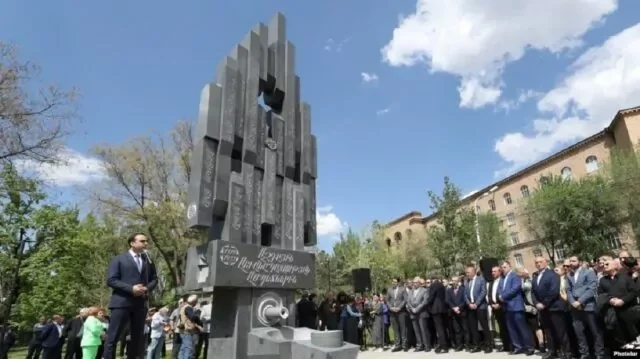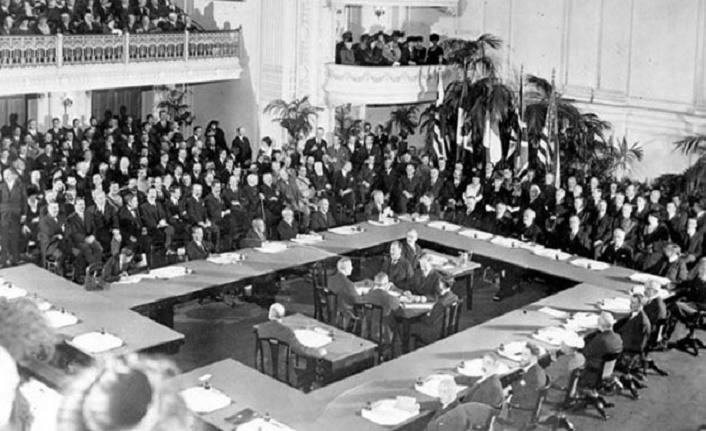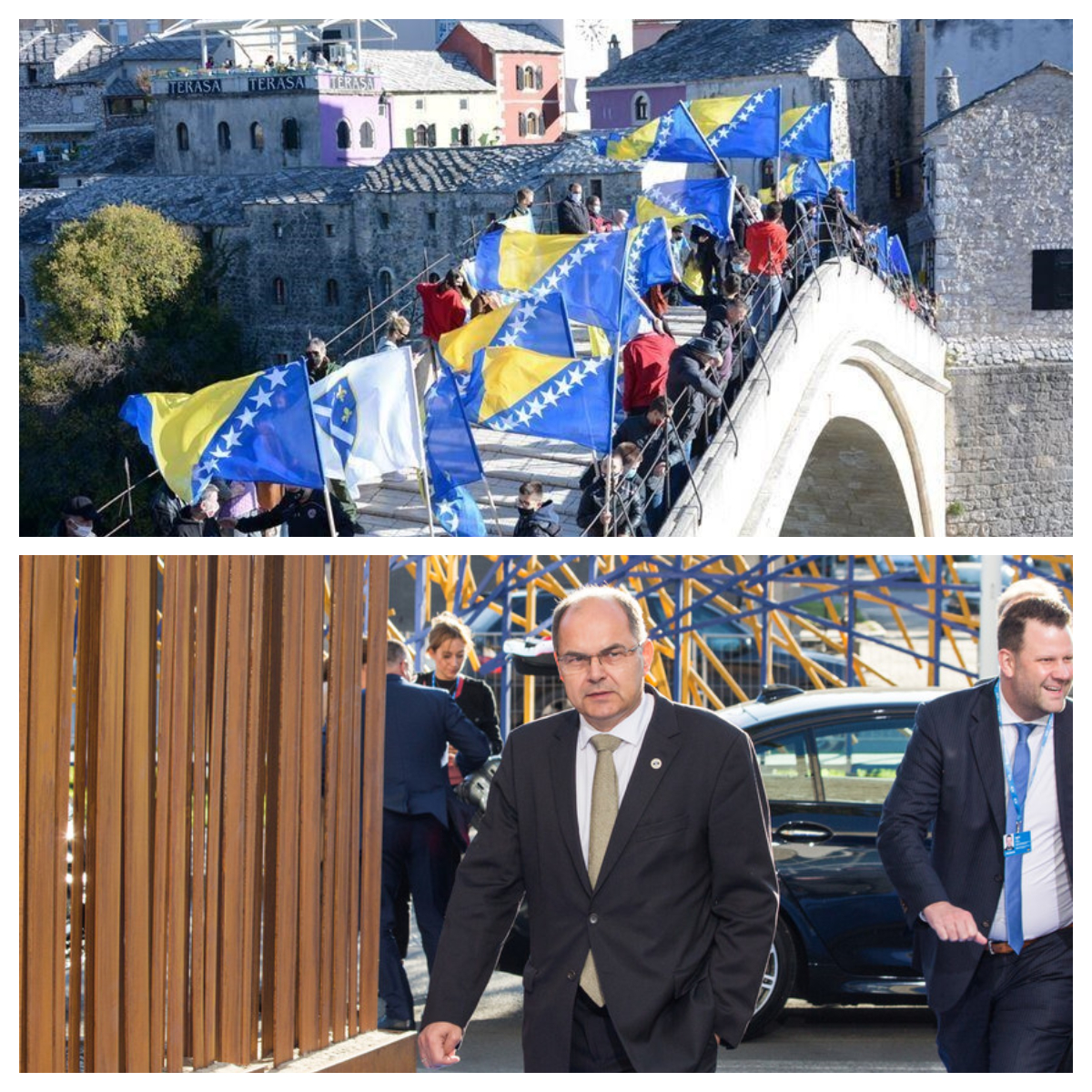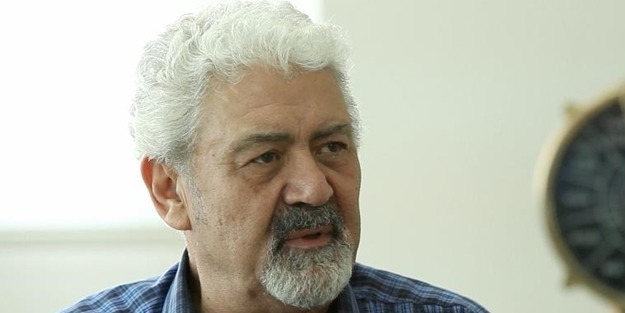
The Jamestown Foundation (14 June 2023)
Eurasia Daily Monitor, Volume: 20, Issue: 96
Cavid VELIYEV
On May 3, Turkey suddenly closed its airspace to Armenian aircraft. Later, former Turkish Foreign Minister Mevlüt Çavuşoğlu announced that Ankara had indeed closed its airspace due to the opening of the so-called “Nemesis” Monument in Yerevan (Ntv.com.tr, May 3). On April 25, with the participation of Deputy Mayor of Yerevan Tigran Avinyan, who is a member of the ruling party, and other officials, the unveiling ceremony of the monument took place in the Armenian capital (Armenpress, April 25). The memorial itself was unveiled during a period of steady normalization between Turkey and Armenia as well as peace talks between Baku and Yerevan. However, in response, the Azerbaijani Foreign Ministry and the Turkish Foreign Ministry, successively, strongly condemned the unveiling of an homage to the memory of Operation Nemesis. In both statements, it was made clear that the monument is a provocative step that is incompatible with the spirit of normalization and will in no way contribute to the efforts for establishing sustainable peace and stability in the region (Mfa.gov.az; Mfa.gov.tr, April 26). For its part, Ankara also demanded the removal of the monument and declared it would take additional measures if that did not happen (Ntv.com.tr, May 3). While it is unclear what “additional measures” means in this context, it could have been in reference to the estimated tens of thousands of Armenian citizens who work illegally in Turkey, as tourism and trade is carried out between the two countries via Georgia.
Yet, instead of taking steps to remove the monument, the Armenian authorities have attempted to avoid responsibility for the decision. Although Prime Minister Nikol Pashinyan stated that the monument and its implementation may have been the wrong decision, he added that “one of the shortcomings of democracy” is that the authorities do not control everything and everyone (Armenpress, May 5). The Armenian Parliament Speaker Alen Simonyan, who was in Ankara for the Black Sea Economic Cooperation Organization meeting on the same day, argued that this decision was made by the local government and that he did not want the installation of the monument to be perceived as a display of Yerevan’s foreign policy or an unfriendly step against Turkey and Azerbaijan (Armenpress, May 5).
To read the rest of the article, please click: https://jamestown.org/program/nemesis-monument-disrupts-turkish-armenian-normalization/
© 2009-2025 Avrasya İncelemeleri Merkezi (AVİM) Tüm Hakları Saklıdır
Henüz Yorum Yapılmamış.
-
 THE 1919 PARIS PEACE CONFERENCE AND THE ARMENIANS: ARE BIG POWERS ALWAYS RELIABLE? - 21.06.2021
THE 1919 PARIS PEACE CONFERENCE AND THE ARMENIANS: ARE BIG POWERS ALWAYS RELIABLE? - 21.06.2021
Şakir FAKILI 28.06.2021 -
 STRATEGICALLY MUM: THE SILENCE OF ARMENIANS (PART THREE) - 08.2021
STRATEGICALLY MUM: THE SILENCE OF ARMENIANS (PART THREE) - 08.2021
Iver TORIKIAN 23.11.2021 -
 ALMANYA’NIN BOSNA-HERSEK’TEKİ YÜKSEK TEMSİLCİ ADAYI, CHRİSTİAN SCHMİDT VE ONUN MUHTEMEL BONN YETKİLERİNİ KULLANMASI - 02.05.2021
ALMANYA’NIN BOSNA-HERSEK’TEKİ YÜKSEK TEMSİLCİ ADAYI, CHRİSTİAN SCHMİDT VE ONUN MUHTEMEL BONN YETKİLERİNİ KULLANMASI - 02.05.2021
Senad SEVDİK 05.05.2021 -
 KIBRIS’IN KADERİNİN DEĞİŞTİĞİ GÜN - KIBRIS POSTASI - 20.12.2021
KIBRIS’IN KADERİNİN DEĞİŞTİĞİ GÜN - KIBRIS POSTASI - 20.12.2021
Ata ATUN 20.12.2021 -
 ASBAREZ'DE 27.01.2026 TARİHİNDE YAYINLANAN "LAWSUIT AGAINST TURKEY ON SIS CATHOLICOSATE RETURN STILL ONGOING" BAŞLIKLI HABERLE İLGİLİ HUKUKİ DEĞERLENDİRME - 09.02.2026
ASBAREZ'DE 27.01.2026 TARİHİNDE YAYINLANAN "LAWSUIT AGAINST TURKEY ON SIS CATHOLICOSATE RETURN STILL ONGOING" BAŞLIKLI HABERLE İLGİLİ HUKUKİ DEĞERLENDİRME - 09.02.2026
Sevgi Gül AKYILMAZ 09.02.2026



